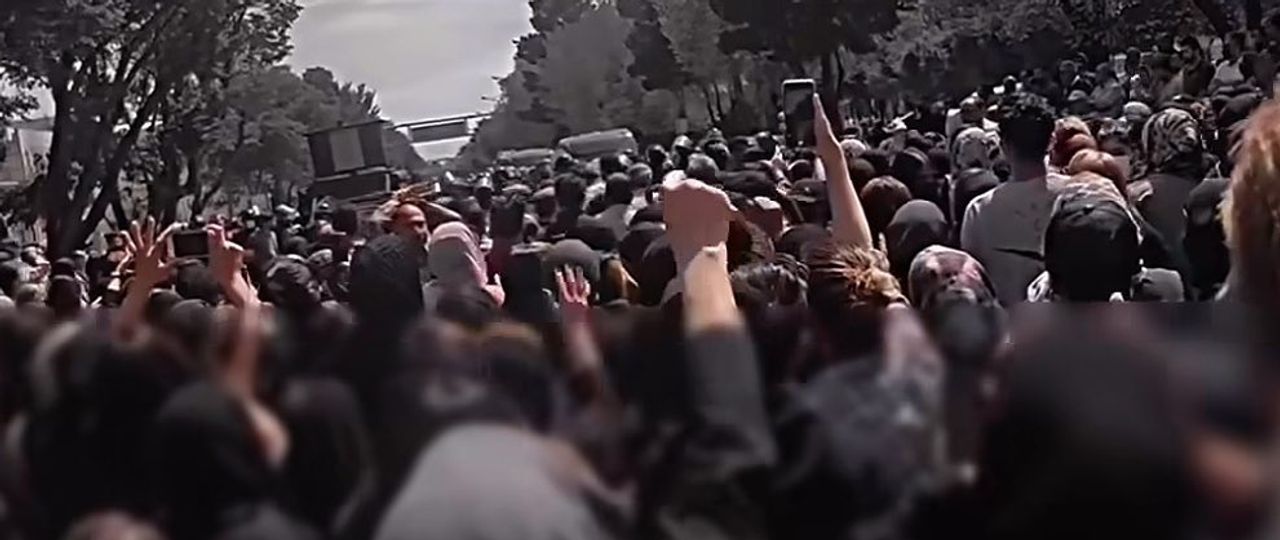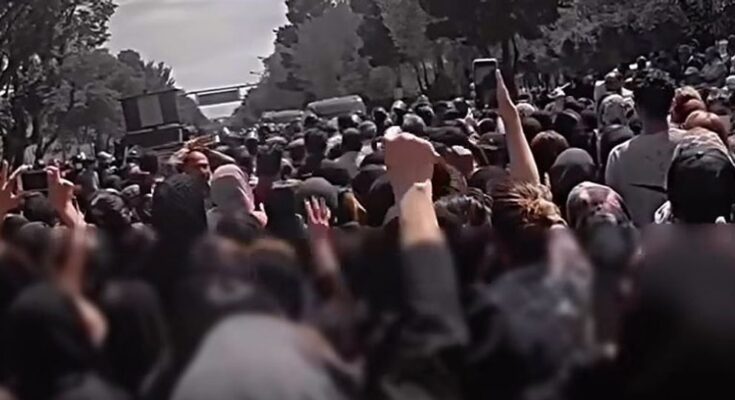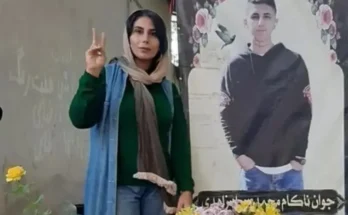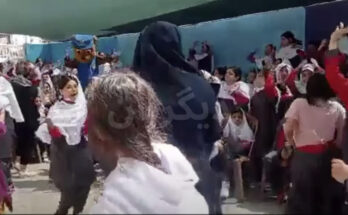By Maryam Sinaee
Source: Iran International

Riot police in central Iran Saturday tried to disperse a large crowd of people with tear gas and shotguns who were protesting ongoing gas attacks on schoolgirls.
Parents and students who gathered spontaneously outside the education department of Shahin-Shahr, near Esfahan Saturday morning soon began chanting anti-government slogans. “We don’t want a child-killing government,” they chanted.
According to Hosseinali Haji-Deligani, representative of the district in the parliament, twelve schools were attacked in the city of around 175,000 on April 11.
Videos posted on social media also show people chanting “Down with the Dictator” and “Down with those responsible for the poisonings” and a member of the security forces threatening them over a loudspeaker.
Some of the women protesting in Shahin-Shahr, as videos show, attended the rally unveiled in defiance of the government’s new attempts to re-establish strict hijab rules.
Dozens of schools have been targeted by unidentified people using chemicals in various cities across the country including Esfahan, Tabriz, Shahin-Shahr, Genaveh, Kermanshah, Oshnavieh, Kamyaran, Ardabil, Sanandaj, Orumieh, Karaj, and Pardis to the south of the capital since the reopening of schools and dozens of girls have been hospitalized.




